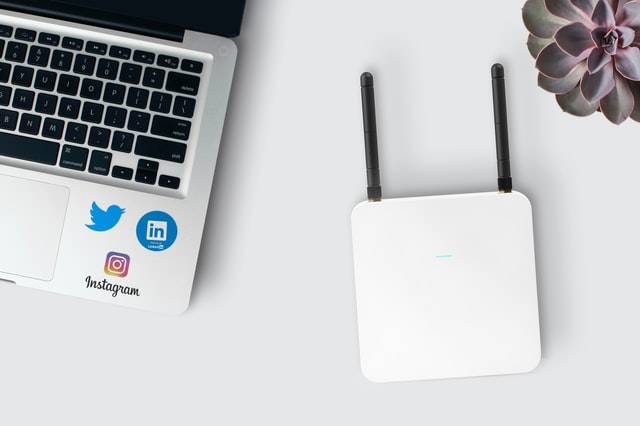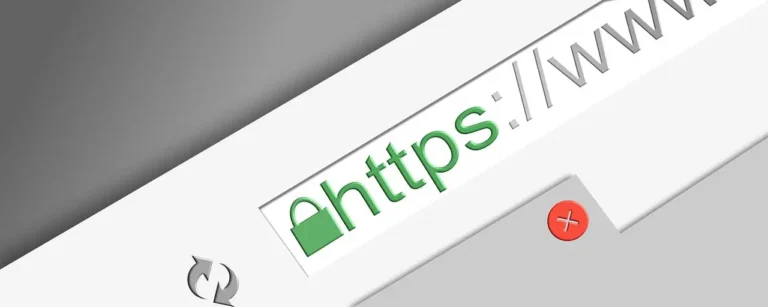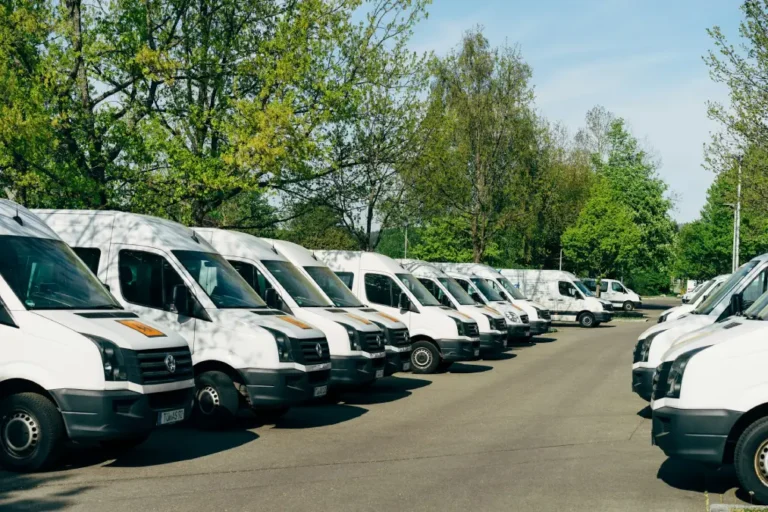Your internet connection is basically your lifeline to everything that matters – work calls, gaming sessions, Netflix binges, and staying connected. But here’s the thing: choosing the best WiFi plan for your home doesn’t have to feel like rocket science. After testing dozens of plans and helping friends navigate this maze, I’ve cracked the code on what actually matters.
Let’s cut through the marketing fluff and get you connected without breaking the bank.
Speed: The Real Numbers You Need
Forget what the sales rep tells you about “lightning-fast speeds.” Here’s what you actually need based on real-world testing:
- Solo Living: 25-50 Mbps handles everything – video calls, streaming, social media scrolling. Don’t fall for the 1000 Mbps upsell unless you’re mining crypto.
- Couple/Small Household: 100-200 Mbps gives you breathing room for simultaneous streaming and work-from-home setups.
- Family Mode: 300+ Mbps when you’ve got multiple gamers, streamers, and remote workers competing for bandwidth.
The sweet spot? Most households nail it with 100-200 Mbps plans that cost way less than the premium packages providers push.
Data Limits: When “Unlimited” Actually Matters
This one’s straightforward – data caps are basically speed bumps designed to extract extra cash from your wallet.
Go Unlimited If You:
- Stream 4K content regularly
- Game online frequently
- Work from home with video conferencing
- Have multiple heavy users
Capped Plans Work If You:
- Mainly browse and check social media
- Stream occasionally in standard definition
- Live alone with light usage
Pro tip: Even “unlimited” plans often throttle speeds after hitting certain thresholds. Read that fine print.
Contract Terms: Your Exit Strategy
Here’s where providers get sneaky. Those 24-month contracts with “amazing introductory rates” often become expensive traps.
No-Contract Plans Win Because:
- Prices stay competitive (providers can’t trap you)
- You can switch when better deals emerge
- No early termination fees
- Perfect for renters or frequent movers
Contract Plans Only Make Sense If:
- The promotional rate genuinely saves money over 2 years
- You’re 100% staying put
- The provider offers real perks (like free equipment)
Budget Reality Check: What Actually Costs What
Let’s talk numbers based on current market rates:
| Speed Range | Typical Monthly Cost | Best For |
|---|---|---|
| 25-50 Mbps | $30-50 | Light users, solo living |
| 100-200 Mbps | $50-80 | Most households |
| 300-500 Mbps | $70-100 | Heavy usage families |
| 1000+ Mbps | $80-150 | Power users, multiple streamers |
Money-Saving Hack: Call your current provider before switching. Mention competitor prices – they’ll often match or beat deals to keep you.
The 2025 Update: What’s Changed
The internet landscape shifted big time recently. Here’s what’s new:
Fiber Expansion: More neighborhoods now have fiber options with symmetrical upload/download speeds – game-changer for remote work.
5G Home Internet: Wireless options from Verizon and T-Mobile offer legitimate competition to traditional broadband in many areas.
Pricing Pressure: Competition finally drove prices down. You can get solid 100 Mbps plans for under $50 in most markets.
Your Action Plan
- Step 1: Calculate your actual needs using the speed guidelines above.
- Step 2: Check what’s available at your address – use provider websites or comparison tools.
- Step 3: Compare total costs including equipment fees, installation, and any price increases after promotional periods.
- Step 4: Read reviews for your specific area – network performance varies by location.
- Step 5: Start with no-contract plans when possible.
Bottom Line
Choosing the best WiFi plan for your home comes down to matching your actual usage with available options while avoiding unnecessary costs. Most people overpay for speeds they never use or get locked into contracts that benefit providers more than customers.
The winning formula? Start with a mid-tier unlimited plan from a provider with solid local reviews, skip the long-term contract, and reassess annually as your needs change.
Your internet should work for you, not drain your wallet. Now go get connected properly.
Read more: The Best Marketing Planning Tools for Your Business




